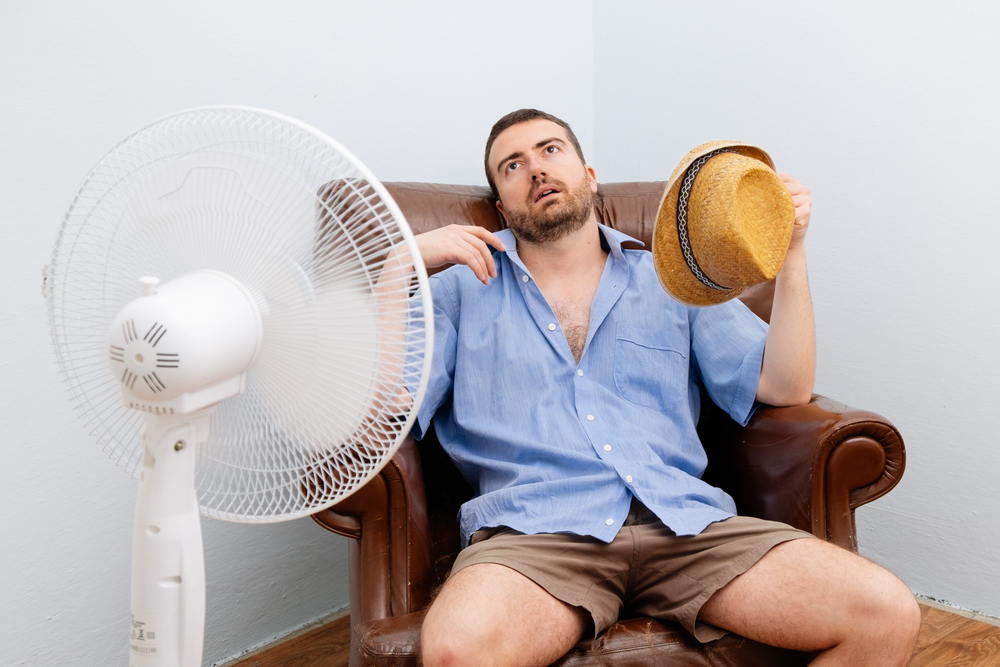
It may sound counterintuitive to talk about “heat pumps” in Florida. Florida’s need-to-heat season is short, if it exists at all. “Heat” pumps, however, may be a slight misnomer. They are not just about circulating heat. They also work to COOL the air. Heat pumps are making waves in the world of HVAC for many reasons. Here is why heat pumps are a great way to stay cool – or warm – whatever the unpredictable weather of Central Florida demands!
What is a heat pump?
At its core, a heat pump is an ingenious device that transfers heat from one place to another using a refrigeration cycle. A heat pump is one single system that handles both heating and cooling needs.
Heat extraction:
In cool weather, a heat pump extracts heat from the outdoor air (yes, even when it’s chilly!) and transfers it indoors to warm your home. While it sounds strange, even frigid air contains heat. The heat from the sun accumulates in the ground, in layers of air close to the ground, and in bodies of water. Air at zero degrees Fahrenheit obviously has less heat than air at seventy degrees, but it still has 85-90% of the same amount of heat!
Florida rarely gets that cold, so there is always plenty of ambient heat in the air to comfortably warm your home with a heat pump. (In case you were wondering, the coldest day Florida ever had was 125 years ago. In 1899, during “The Great Arctic Outbreak,” freezing air was pushed into Florida and set a record when the temperature reached –2 Fahrenheit!)
Cooling magic:
Heat pumps can heat your home in chilly weather. In warm weather, they can cool your home by reversing the process. The heat pump removes heat from your indoor space and releases it outside, providing cooling comfort.
The History of Heat Pumps
Heat pumps aren’t newcomers; they’ve been quietly evolving since the 1850s. It started in 1748 when a man named William Cullen demonstrates artificial refrigeration, laying the groundwork for heat pump principles.
In 1852, Lord Kelvin refines the scientific concept behind heat pumps.
Just three years later, Peter von Rittinger began building and installing the first heat pump system in a salt mine in Austria.
The Astounding Benefits of Heat Pumps
Eco-Friendly:
Heat pumps don’t generate heat using fossil fuels. Instead, they utilize the existing heat in the air and simply transfer it from one location to another.
Because they don’t use fossil fuels, heat pumps reduce household carbon dioxide emissions by about 40% compared to gas furnaces. More importantly, they are super-efficient, rated as high as 300%. Heat pumps generate three times as much heat as it costs to generate that heat.
One study showed that heat pumps are 3 to 5 times more efficient than natural gas boilers.
Clean electricity amplifies their environmental benefits.
Cost-Efficient:
Heat pumps use less energy to transfer heat, resulting in lower energy bills. The Department of Energy suggests that homes can save between $300 and $1500 per year on their utility bills, depending on their location and the kind of system they are replacing.
They’re more efficient than electric resistance heaters and much less expensive than natural gas.
Comfortable:
Heat pumps provide consistent heating and cooling without sudden temperature fluctuations.
They dehumidify better than standard central air conditioners.
Easy to Install:
Whether it’s ducted heat pumps or a ductless mini-split heat pump unit, installation is straightforward.
Types of Heat Pumps
Air-Source Heat Pumps are the most common type. These units transfer heat between indoor and outdoor air.
Ground-Source Heat Pumps (Geothermal) are also efficient. Ground-source units pull the heat from the stable temperature of the earth for efficient heating and cooling.
Water-Source Heat Pumps are exactly what their name implies. They extract heat from water sources like lakes and rivers and use that heat to warm your home.
A fourth type of heat pump, Exhaust Air Heat Pumps, uses waste heat from ventilation systems. (Think of how much warm air your dryer vent blows out, and you’ll get an idea of how this type of heat pump works. It uses heat generated by other appliances, then pushed to to the ventilation systems. The benefit of this is that you do not have to re-generate heat. You use what has already been made.)
The Future of Climate-Friendly Comfort
Heat pumps play a key role in climate change mitigation.
As grids shift toward renewable energy sources, heat pumps become even greener.
The decrease in greenhouse gas emissions made possible by switching to electric heat pumps is important. The Inflation Reduction Act of 2022 granted a hefty tax credit to anyone installing a heat pump or a heat pump water heater.
You can earn a tax credit of $2000 or up to 30% of the installation cost of heat pump systems.
ServiceOne Knows Heat Pumps!
So, whether you’re upgrading your home or considering a new HVAC system, heat pumps are one hot way to stay cool in central Florida!
Call us. We’ve got more than twenty years as a leader in air conditioning, heating, and plumbing in our region, and we know heat pumps!

